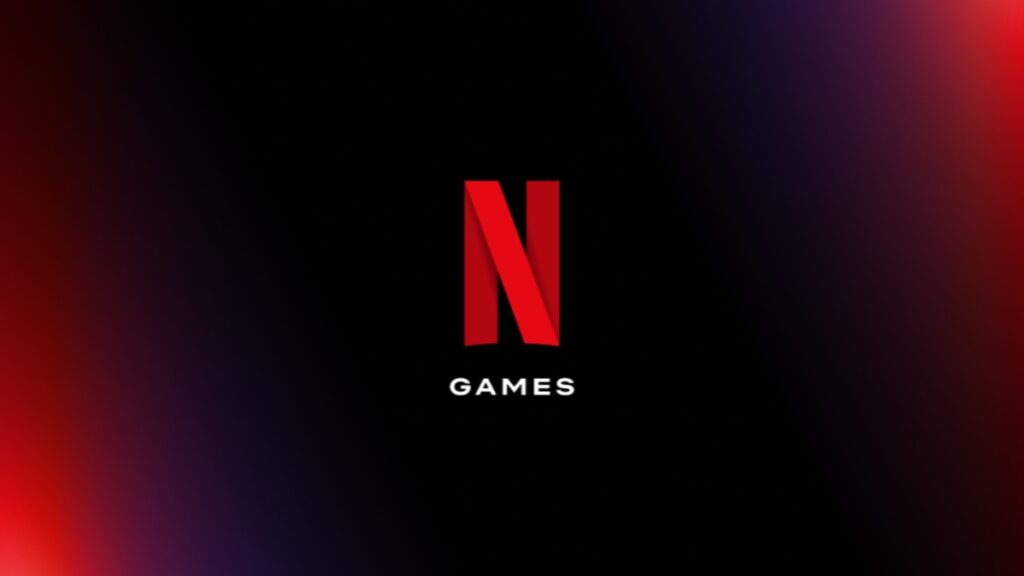New Delhi: Netflix’s subscriber growth has been slowing down amid increasing competition from streaming rivals like Disney and the newly announced WarnerMedia/Discovery merger. In response, there are reports suggesting that Netflix is contemplating the introduction of a video game service. This move aims to not only boost subscriber numbers but also create a new source of revenue. The video gaming industry, despite its long history, experienced significant revenue growth during the pandemic, surpassing the combined revenues of the movie and music industries. As a result, video gaming has emerged as the fastest-growing entertainment category, with continued growth anticipated in the coming years.
Why Netflix Is Looking At Video Games?
Last month, The Information disclosed that Netflix, a prominent player in the streaming video industry, is exploring entry into the realm of video gaming. Reports suggest that the company is actively seeking to hire an executive to oversee its burgeoning gaming initiatives. One potential direction for Netflix’s gaming venture is akin to Apple Arcade, featuring a subscription-based model priced at $4.99 per month, offering ad-free access to exclusive, high-quality games.
Presently, Netflix boasts a collection of 67 mobile games, characterized by their absence of advertisements, in-game purchases, and additional fees. These games span various genres, including action, adventure, arcade, puzzle, racing, strategy, and simulation. Notably, some games are tied to popular Netflix TV programs such as “Narcos,” “Stranger Things,” “The Queen’s Gambit,” and “Vikings: Valhalla.” Additionally, Netflix offers games based on unscripted series like “Love Is Blind,” “Nailed It!,” and “Too Hot to Handle.”
Despite Netflix’s foray into gaming, it remains a relatively small segment of its overall business. Apptopia, a provider of app data intelligence, estimates that a mere 0.9% of Netflix’s extensive subscriber base, which stood at 238.4 million as of June 30, engages in gaming, with approximately 2.2 million people playing Netflix games on a daily basis worldwide. According to Adam Blacker, Apptopia’s Director of Content and Communications, while Netflix consistently introduces new games each month, the peak daily engagement reached only 2.7 million in January 2023.
It’s still in the process of establishing a business:
Netflix is taking a distinctive approach to gaming, as indicated by the company’s executives. Rather than focusing solely on video streaming competitors, they emphasize competition with social media apps like TikTok and video games such as “Fortnite” from Epic Games, suggesting a broader battle for consumer attention in the media landscape. During the Bank of America Global Media & Entertainment Conference on September 13, Netflix’s Chief Financial Officer, Spencer Neumann, characterized games as an evolving aspect of their business.
“When we introduced games, we communicated that it’s a long-term growth opportunity and a significant adjacent market,” Neumann stated. “This represents a growth impact over a period of five to ten years.”
Despite games being in the early stages for Netflix, Neumann underscored the company’s dedication to building a successful gaming business. He clarified, “Our investment is substantial, although it hasn’t yet become a substantial part of our overall business. This isn’t a tentative exploration; we’re committed to understanding the gaming industry for the long haul.” Neumann also outlined Netflix’s ambition to extend its gaming offerings to television and various other devices.
What Analyst thinks about this move?
Despite Netflix’s foray into gaming, some analysts are not impressed. David Cole, principal Analyst at DFC Intelligence, believes that mobile games, in particular, may not be a natural fit for Netflix. He argues that the mobile gaming market is oversaturated, making it difficult for Netflix to distinguish itself. Cole suggests that Netflix might be targeting younger audiences who consume more content on their smartphones but sees it as a low-risk effort that may not sway viewers to choose Netflix over competitors like Hulu, Disney+, and others. According to Cole, Netflix’s current venture into gaming is more of a test, and the real question is whether they will invest in larger, more immersive gaming projects tied to their shows in the future.
Wedbush Securities analyst Michael Pachter shares a similar sentiment, characterizing Netflix’s approach to gaming as providing a “nice perk” for subscribers without a clear strategy. Pachter believes that Netflix will need to experiment until they find a gaming offering that resonates with their customers, describing the current effort as a trial-and-error process.





